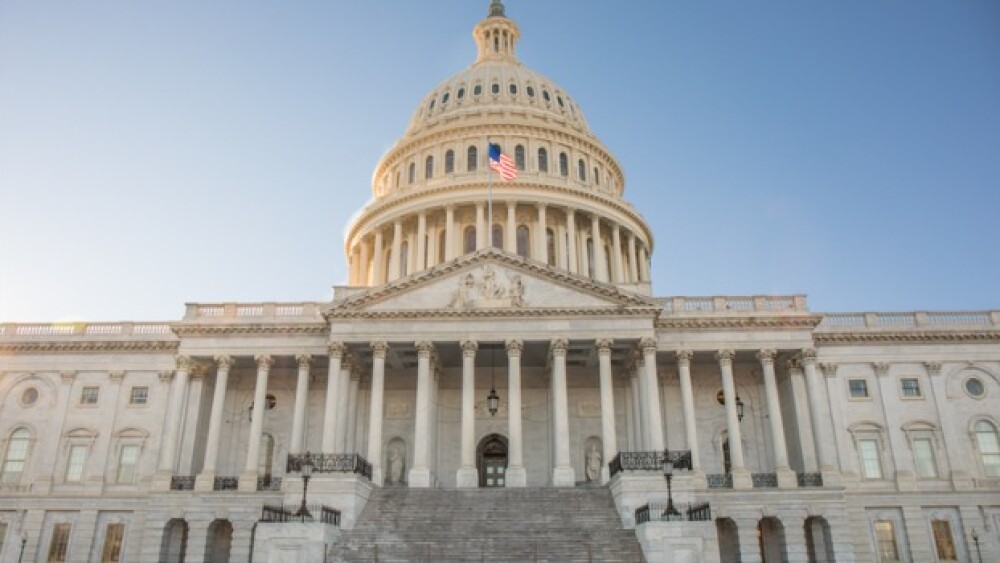Amid U.S. shortages in crucial drugs, House Republicans have filed their own draft bill that seeks to increase the accountability of the FDA and provide more flexibility for generics manufacturers.
Pictured: U.S. Capitol Building in Washington, D.C./iStock, Becky Wright
Friday, Republicans in the House Energy and Commerce Committee released policy proposals to help the U.S. address critical drug shortages.
The legislative effort comes after House Republicans denied the Democrats’ push to include similar provisions in the Pandemic and All Hazards Preparedness Act (PAHPA). In a statement earlier this month, House Democrats called it “unconscionable” that their GOP colleagues decided to reject “five commonsense proposals” seeking to address the current drug shortage crisis.
“The reauthorization of PAHPA is a clear opportunity to address the drug shortage crisis. I have to admit I’m disappointed and perplexed why we are not using this opportunity to strengthen our pharmaceutical supply chain and address the drug shortage crisis head-on,” Rep. Debbie Dingell (D-MI) said in a statement.
In their draft bill, dubbed the Stop Drugs Shortages Act, Republicans propose to increase oversight on the FDA, support drug supply chains and provide more leeway for manufacturers of low-cost and generic medicines.
Specifically, the Stop Drugs Shortages Act would obligate the FDA to more strictly enforce its reporting requirements. Companies applying to produce generic drugs, for instance, would be asked to provide information about the active pharmaceutical ingredient manufacturers from which they obtain more than 60% of their supplies.
Under the bill’s provisions, the FDA would also launch an inspection pilot program for domestic manufacturing facilities, which in turn could potentially lower U.S. reliance on overseas suppliers.
The bill will also allow compounding pharmacies to mix medicines 30 days after it has been listed on the FDA’s database of drugs that are in shortage. These compounded drugs can also be dispensed 180 days after appearing on the database.
“America is the leader in developing innovative treatments and cures. Yet the economics of our convoluted healthcare system create shortages—particularly of low-cost and generic drugs—that harm patients in need,” Rep. Cathy McMorris Rodgers (R-WA), chair of the House Energy and Commerce Committee, said in a statement.
To this end, the Republican bill will also exempt manufacturers of generics and low-cost drugs for serious diseases from Medicaid and 340B rebate programs, which will provide these companies “more flexibility to respond the market pressures,” according to a committee press release.
In addition, the proposed legislation also requires a watchdog to evaluate how such discount policies have affected drug shortages over the past 10 years and come up with program recommendations to avoid shortages in the future.
The committee has opened the draft for comments and feedback through August 25, after which it plans to file the legislation as a standalone bill.
Tristan Manalac is an independent science writer based in metro Manila, Philippines. He can be reached at tristan@tristanmanalac.com or tristan.manalac@biospace.com.






